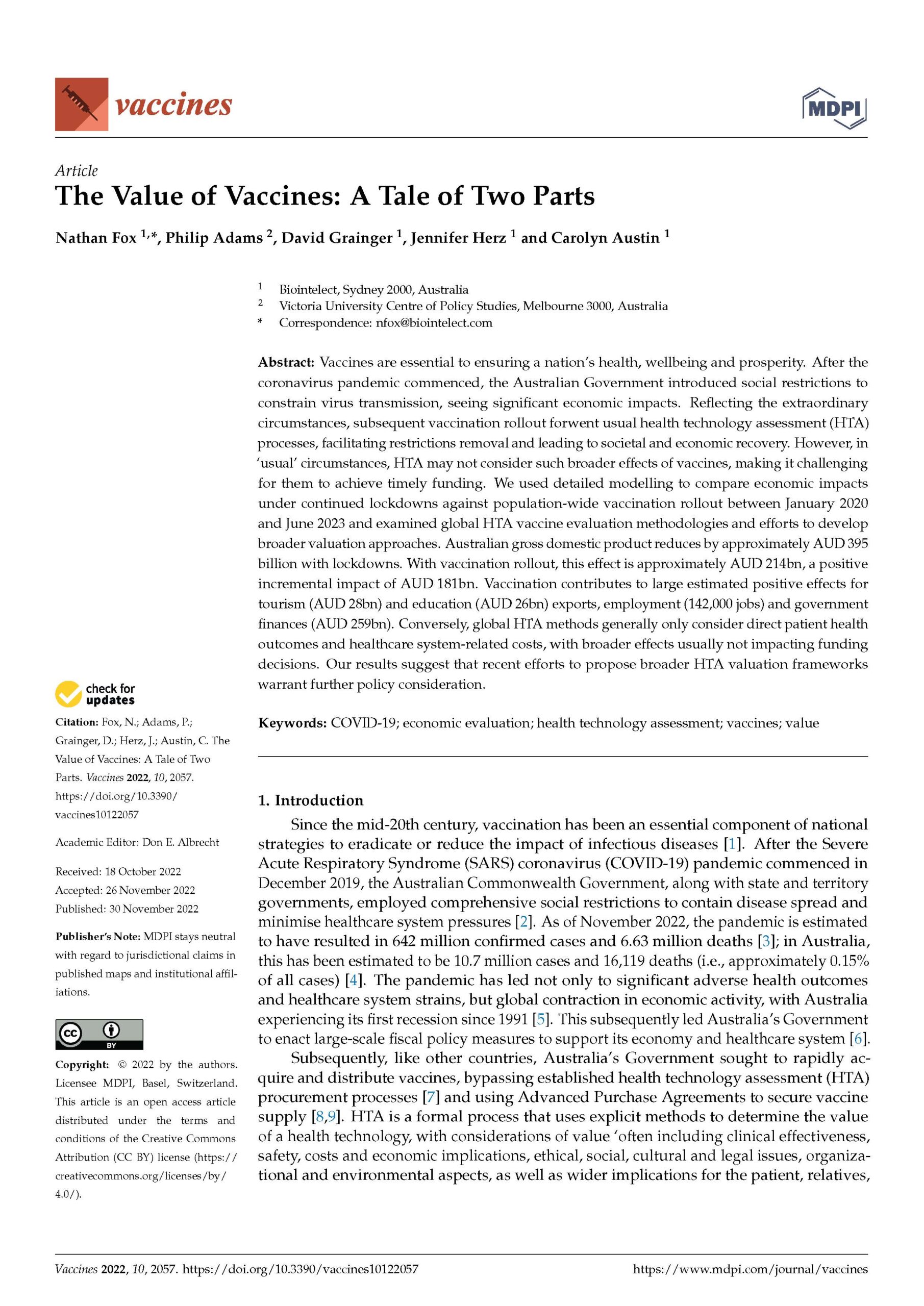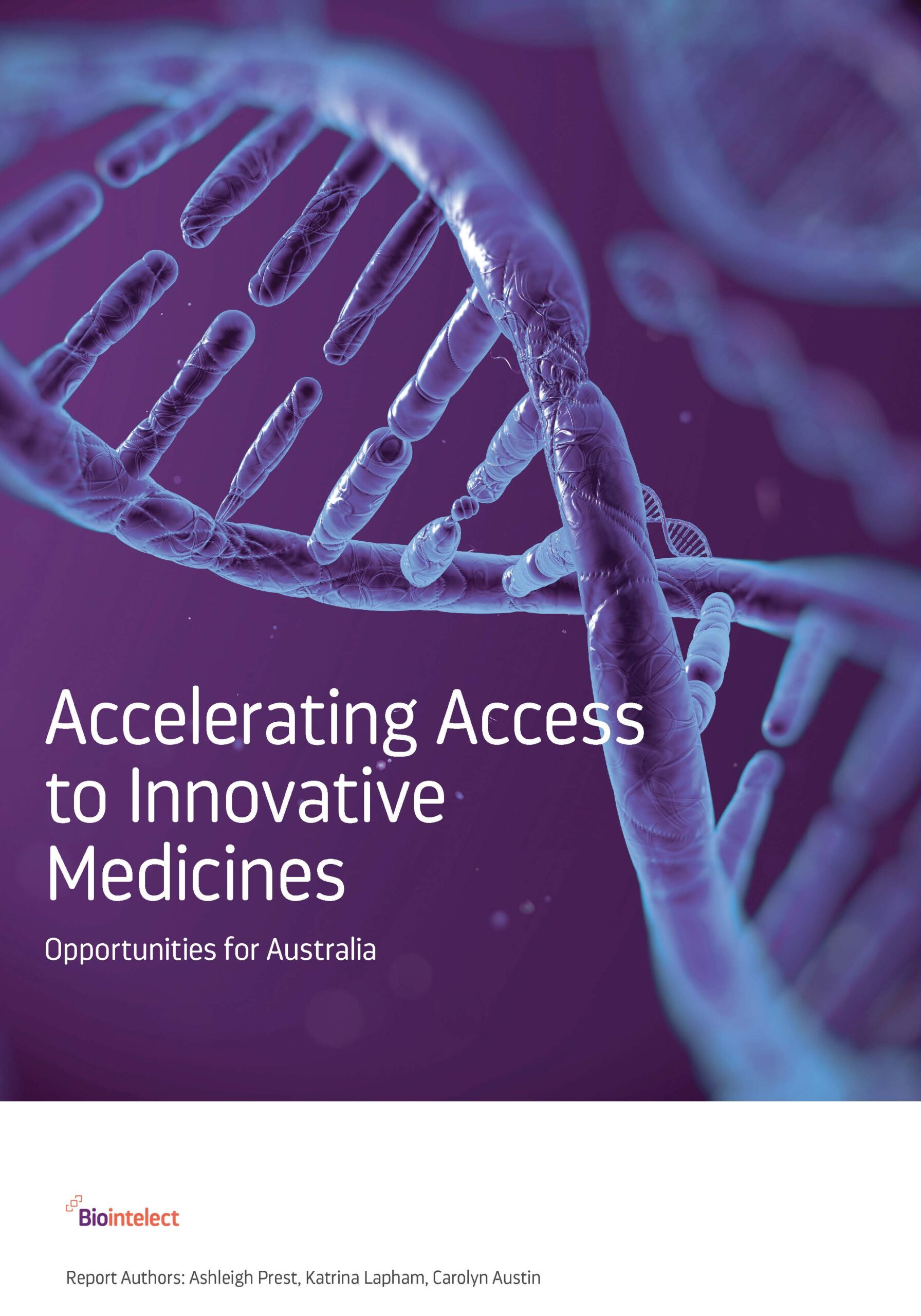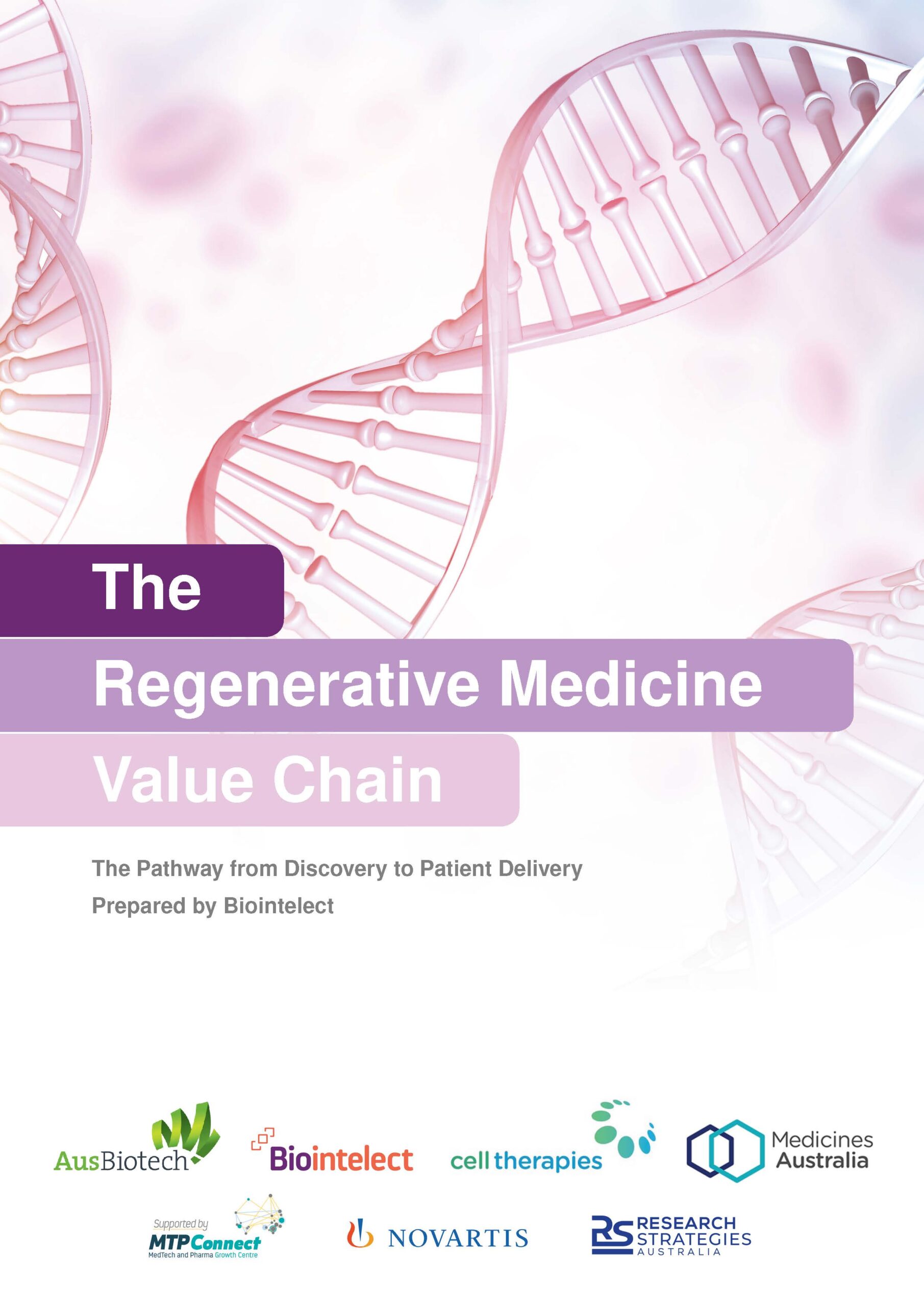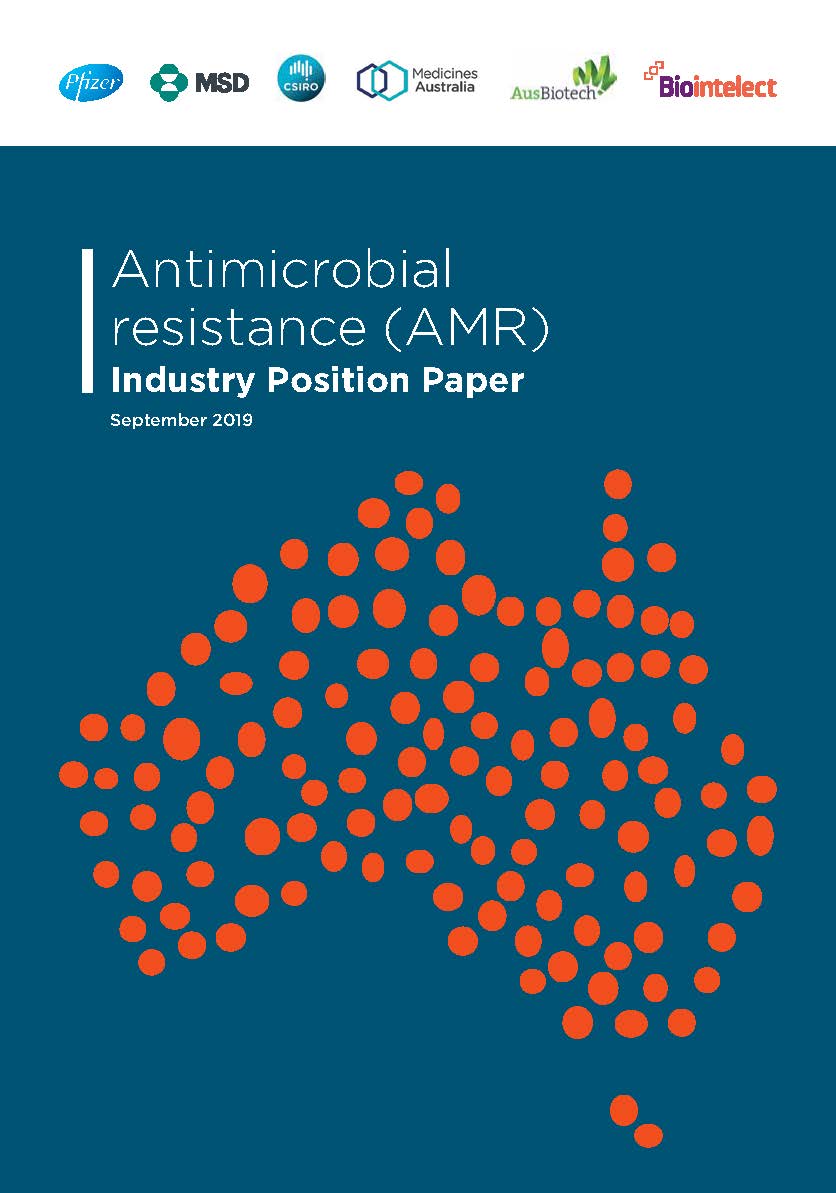Since the mid-20th century, vaccination has globally been an integral component of strategies to prevent and eradicate infectious diseases. Australia, like many countries, uses health technology assessment (HTA) processes to evaluate the clinical, cost-effectiveness and budget impact of medicines, including vaccines, to determine whether they get funded.
Critically, HTA typically only measures patient health and healthcare system cost impacts (i.e., the ‘healthcare system perspective’). However, this excludes vaccines’ broader societal impacts, reducing their perceived value. Consequently, this makes timely vaccine funding challenging.
Vaccines’ broader societal benefit has never been more clearly demonstrated than during the COVID-19 pandemic. In Australia, while comprehensive social restrictions (including ‘lockdowns’) helped reduce negative health outcomes, economic activity severely contracted, with large-scale budget measures required to support the economy and healthcare system. Australia’s subsequent vaccination rollout forwent usual HTA processes, facilitating restrictions removal and societal and economic recovery. However, in ‘normal’ circumstances HTA would not consider these societal impacts.
In this published work, Biointelect in conjunction with Victoria University developed detailed modelling comparing the economic impacts between January 2020 and June 2023 of continued lockdowns versus vaccination rollout and examined global HTA vaccine evaluation methodologies.
Modelling demonstrates vaccination rollout’s positive incremental impact on gross domestic product (GDP) to be upwards of AUD 181bn, with tourism (AUD 28bn) and education (AUD 26bn) exports, employment (142,000 jobs) and government finances (AUD 259bn) similarly positively impacted. Conversely, HTA methods, including Australia’s, generally only consider direct patient health outcomes and healthcare system-related costs. However, there are growing calls for broader valuation frameworks to be developed.
With infectious diseases now more than ever at the forefront and ongoing reviews of HTA policy and processes, this published work demonstrates the importance of HTA valuation frameworks capturing the true value of vaccines. Further, these considerations are broadly applicable, becoming increasingly important as we move into a future with a changing population disease profile and a new generation of therapeutic interventions.






